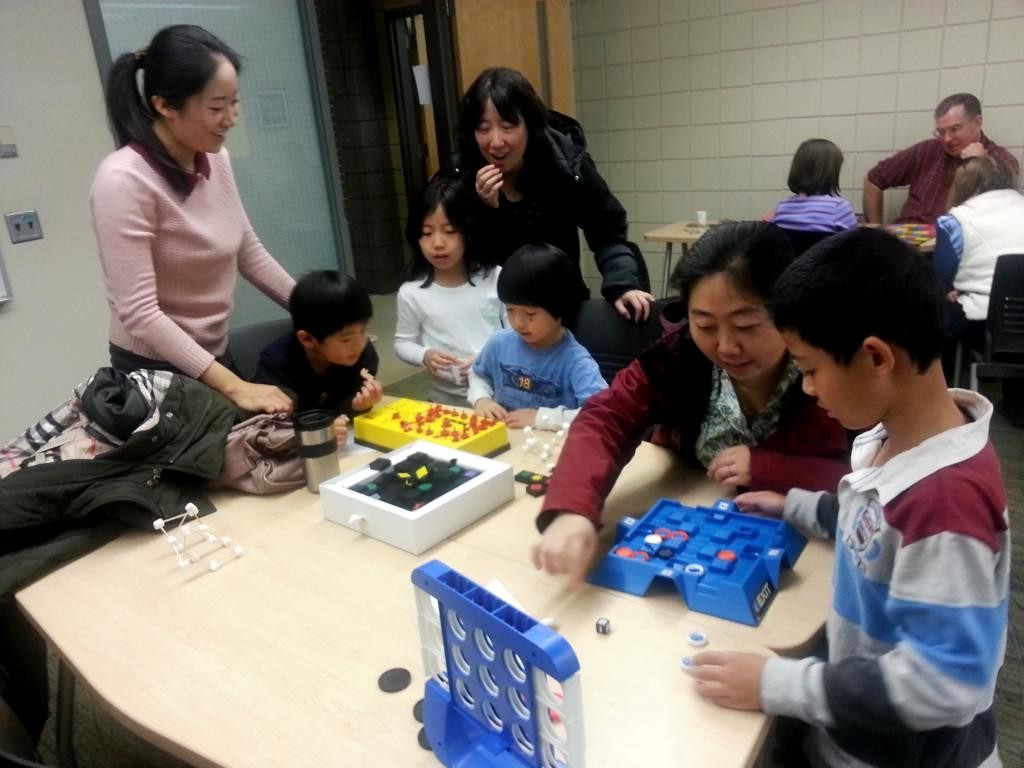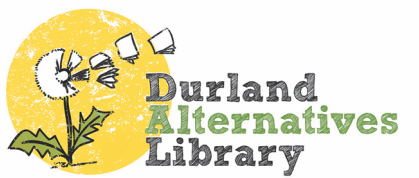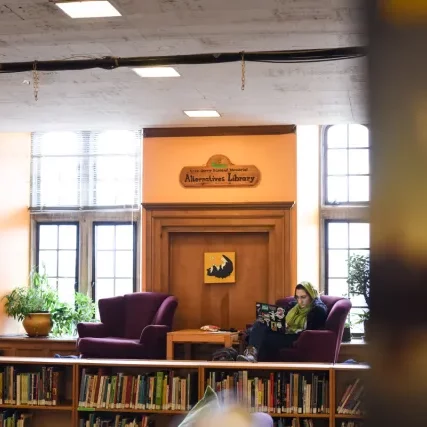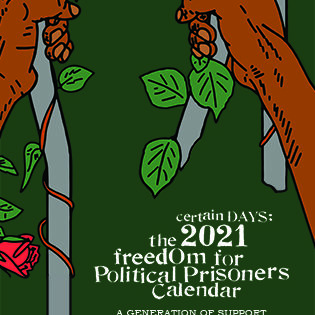What do Puzzles have to do with Math Education?
By April Leithner, with Math Engaged
Where is there math in everyday life?
When we think of math, we often think of numbers. When are asked, “where is there math in everyday life?”, we mull over simple tasks that involve using numbers in some way: spending money, telling time, or measuring ingredients in cooking. But what about fun and engaging activities - like strategic games or logic puzzles - that have no numbers in them. Does math have anything to do them? If we rethink the way we perceive mathematics, it becomes immediately clear – absolutely.
Not just numbers:
[Tweet "Mathematics isn’t just about numbers – rather, it’s a language"]
Mathematics isn’t just about numbers – rather, it’s a language. The numbers are only part of the tool set we use to communicate absolute ideas of our world. Like learning vocabulary words of our verbal language, only learning how to spell and define words without learning how to creatively use them in communication does not enhance our ability to fully comprehend their potential power, nor our ability to share ideas with others.

That’s where puzzles fit in.
Puzzles allow students to use combine their hands and minds to explore the challenges. There are no F’s for failure or A’s for success; only more opportunities to try new strategies towards solving the puzzle. Students engaging in puzzles can explore for themselves about what information matters, how to break the solution down into smaller steps, and how to reason in favor of certain strategies over others. These skills are mathematical skills. These are the skills that allow students to analyze problems and determine themselves about what makes sense, instead of just performing arithmetic exercises because someone else told them to.
Puzzles have a myriad of other benefits as well for young, growing minds. Not only do puzzles allow us to become more patient and effective problem solvers, but puzzles also support the development of:
- Spatial Reasoning
- Hand-eye Coordination
- Creative and Divergent Thinking
and, perhaps most importantly in any field of education
- Learning From Our Mistakes
How Math Engaged Uses Puzzles for Math Education.
Over the last two years, Math Engaged has shared dozens of strategic games and logic puzzles with students at Math Camps, enrichment classes, and Family Math Nights, which students have tirelessly enjoyed conquering.
Now, Math Engaged is excited to share these engaging puzzles and games with families through the Durland Alternatives Library.
Coming Soon...
On Thursday, January 28th, families are invited to join Math Engaged and the Alternatives Library in an evening of exploring how these intriguing challenges can enhance children’s math educations, and how parents can now use these tools themselves to inspire their children at home. By embarking on mathematical exploration together, parents and children can discover a new depth of mathematics they never saw before while learning both from each other and learning together.
Math Engaged Night:
Come to learn more about mathematical games, puzzles, books, tools, and other resources available to nurture children’s mathematical curiosity and strengthen their mathematical skills.
Join Math Engaged and the Durland Alternatives Library:
Thursday, January 28th from 5:30-8pm
at the Durland Alternatives Library
127 Anabel Taylor Hall, Cornell University.
The event is free with pizza, snacks, and drinks to be enjoyed while you play! For more information, visit FamilyMath.org, or e-mail Math Engaged at info@familymath.org.







